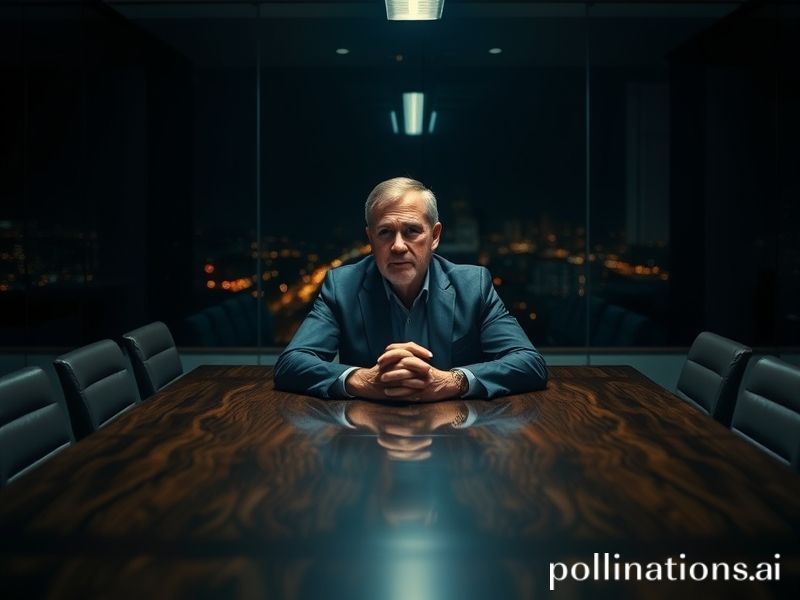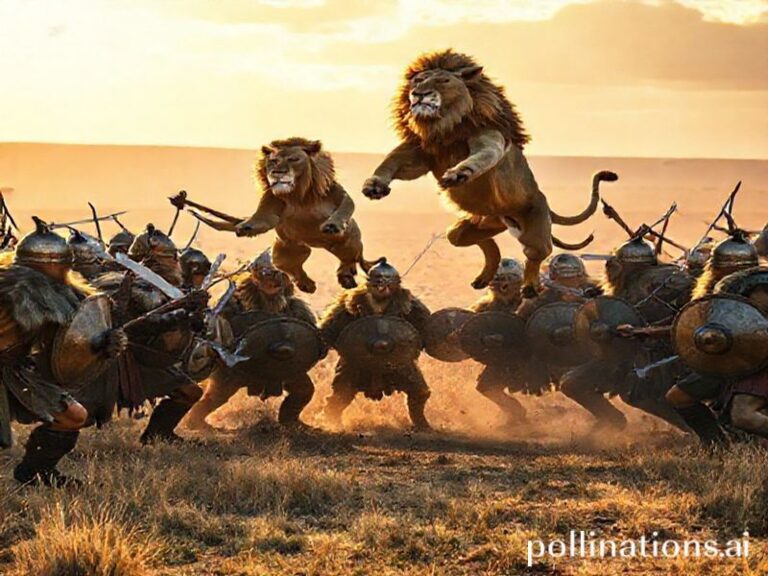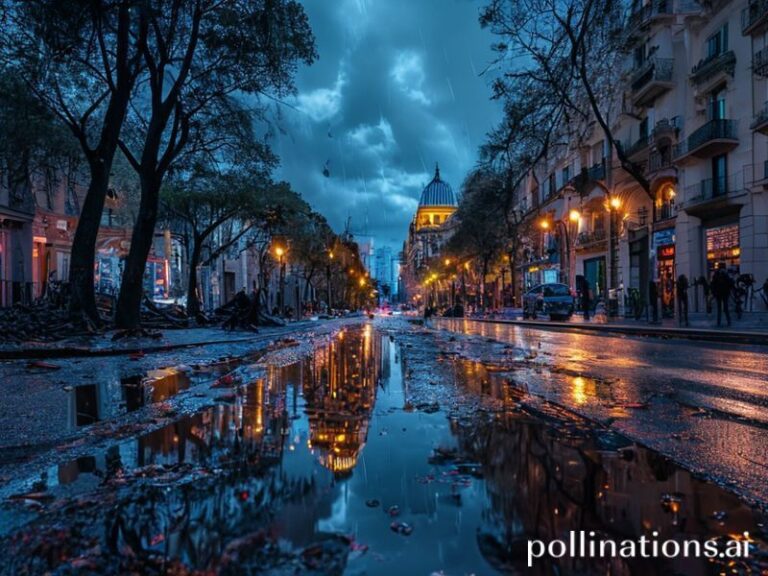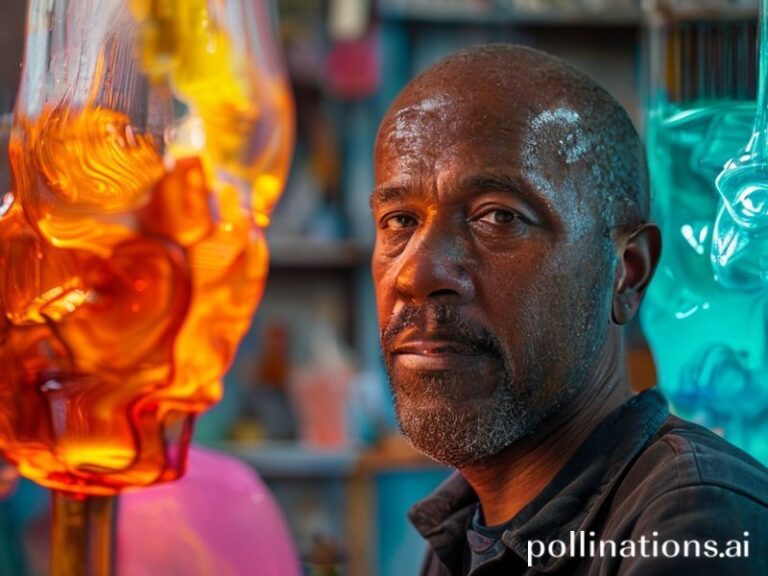Citizen Thiel, or How I Learned to Stop Worrying and Love the Surveillance Volcano
If the world were a Bond film, Peter Thiel would be the soft-spoken gentleman sipping a protein shake in the villain’s lair, quietly buying the volcano and re-branding it as a sovereign cloud-hosting zone. From Silicon Valley to Singapore, from Washington to Wellington, the German-born, New Zealand-naturalised, American billionaire drifts like a well-funded ghost—always present, rarely photographed, perpetually one passport ahead of the taxman.
Thiel’s résumé reads like a satire of late-capitalist ambition: co-founder of PayPal (so people could move money faster than regulators could think), first outside investor in Facebook (so people could move gossip faster than shame could catch up), and architect of Palantir (so governments could move personal data faster than citizens could hide). Each venture is a polite little note slipped under humanity’s door: “Pardon the disruption, but privacy is so 20th century.”
Internationally, Thiel matters because he exports the Valley’s messianic self-regard in carry-on luggage. In Berlin, he lectures European regulators about “innovation” while quietly funding litigation to bankrupt media outlets that annoy him. In London, he bankrolls “seasteading” start-ups that promise to turn the North Sea into a floating tax haven—think Venice, but with fewer tourists and more libertarian paranoia. Meanwhile, in New Zealand, he secured citizenship under “exceptional circumstances,” apparently because the island nation urgently needed one more doomsday bunker with a vineyard attached. The Kiwis, polite to the last, greeted him the way one greets a houseguest who’s already measured the windows for blast shutters.
What makes Thiel fascinating—apart from the vampiric calm and the ability to discuss apocalypse while smiling like a dentist—is his talent for turning paranoia into product. Palantir, named after Saruman’s all-seeing crystal ball, sells predictive policing to Los Angeles and immigration analytics to Copenhagen. The software promises to find “patterns” in the noise of human behavior, which is tech-speak for “spot the malcontent before he Googles ‘how to overthrow government.’” Civil libertarians foam; governments sign checks. Everyone wins, except, arguably, the governed.
Yet Thiel’s greatest export may be ideological. He preaches “competition is for losers” to a planet drowning in monopolies, then bankrolls candidates who swear to shrink the state—right up until the state can award him another contract. It’s a perfectly circular business model: privatise the gains, socialise the surveillance. In the developing world, where regulators still use fax machines, Thiel’s firms arrive like courteous conquistadors bearing servers and NDAs. Local entrepreneurs, dazzled by the promise of leapfrogging corruption, rarely notice they’ve swapped one opaque elite for another with better PowerPoint.
The pandemic only accelerated the Thielification of Earth. While mere mortals hoarded toilet paper, his portfolio companies lobbied for “public-private partnerships” in contact tracing—because nothing says “public health” like a database quietly owned offshore. When governments scrambled for ventilators, his biotech bets pivoted to vaccine logistics, ensuring that even your antibody status could be monetised before your fever broke. It’s the sort of efficiency that makes you nostalgic for good old-fashioned inefficiency, the kind that at least pretended to care.
And so the planet spins on, orbiting between Thiel’s contradictions: a man who disdains democracy yet funds it, who loathes bureaucracy yet profits from it, who champions “exit” over voice yet never quite exits anywhere without first securing a helipad. Somewhere in a climate-controlled room, a supercomputer is probably modelling the exact moment when national sovereignty becomes a rounding error. The model was paid for, naturally, by a grant from one of his foundations.
In the end, Peter Thiel may be less a person than a weather pattern: low pressure over the Atlantic, sudden frost in Brussels, scattered showers of litigation across the Pacific. The forecast calls for continued disruption with a chance of apocalypse. Pack an umbrella, preferably one with dual citizenship.







